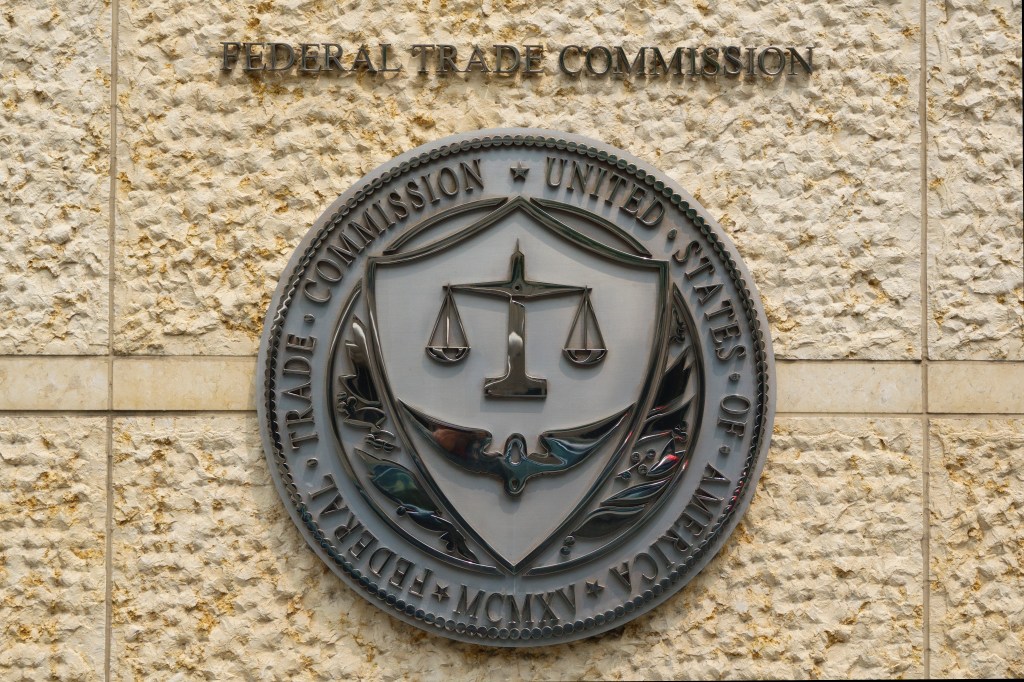With the Federal Trade Commission’s ban on noncompete clauses which was set to come into effect on September 4 blocked by a federal judge in Texas and the FTC considering an appeal, Tim Walz’s selection as Democratic vice-presidential nominee is further sharpening the spotlight on the subject.
Because it’s
Register for free to keep reading
To continue reading this article and unlock full access to GRIP, register now. You’ll enjoy free access to all content until our subscription service launches in early 2026.
- Unlimited access to industry insights
- Stay on top of key rules and regulatory changes with our Rules Navigator
- Ad-free experience with no distractions
- Regular podcasts from trusted external experts
- Fresh compliance and regulatory content every day













